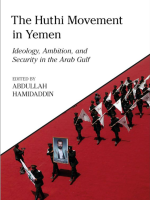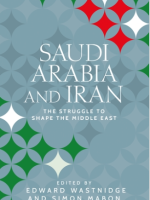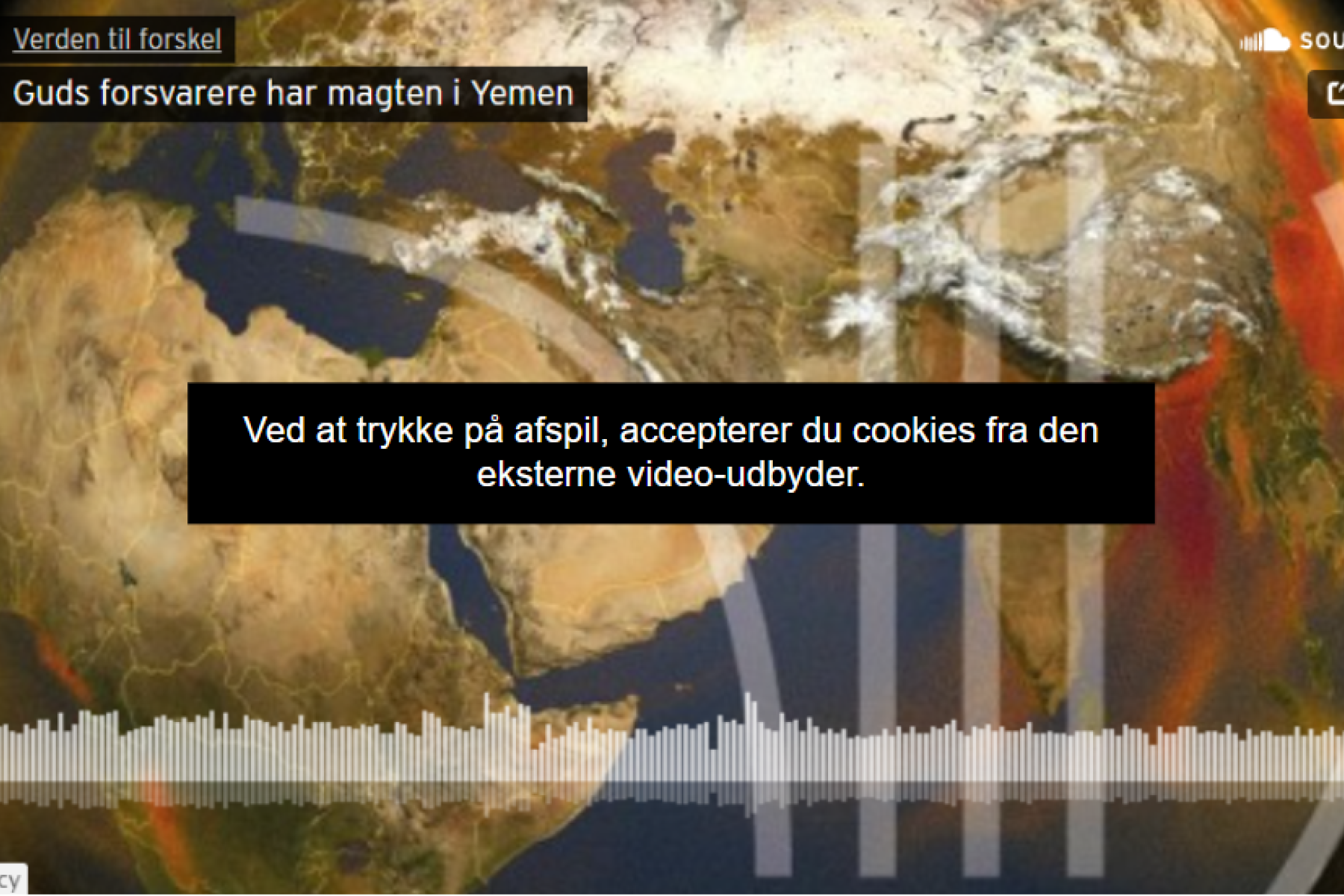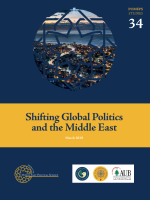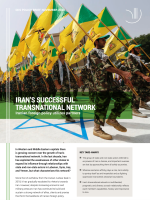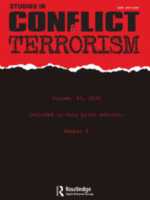Yemen: How non-state actors impact regional stability
The Houthis, an armed non-state actor, took control over the Yemeni capital Sana’a in September 2014, and has since then managed to maintain and expand their control over northern Yemen despite being targeted by a Saudi-led military intervention.
This chapter is part of an edited volume that provides the first comprehensive critical analysis dedicated to the Houthis. Who are the Houthis and how can we understand the group away from armed conflict and war? What has motivated their social movement to fundamentally re-shape Yemen, and what are the group's local and regional ambitions?
The chapter’s starting point is that the discussion on whether the Houthis are an Iranian proxy or not has resulted in a lack of interest in their regional policies. This chapter instead argues that the Houthis have a foreign policy that is, however, both constrained and facilitated by the rivalry between Iran and Saudi Arabia.
Although the lack of international recognition of the Houthi-led proto state, impedes the Houthi's ability to build formal relationships to other states with a few exceptions, the analysis shows that armed non-state actors can have regional ambitions and an impact on regional politics independent from their potential patrons. As such, the Houthis exemplify the growing challenge to state-centric approaches to international politics posed by armed non-state actors.
DIIS Experts

